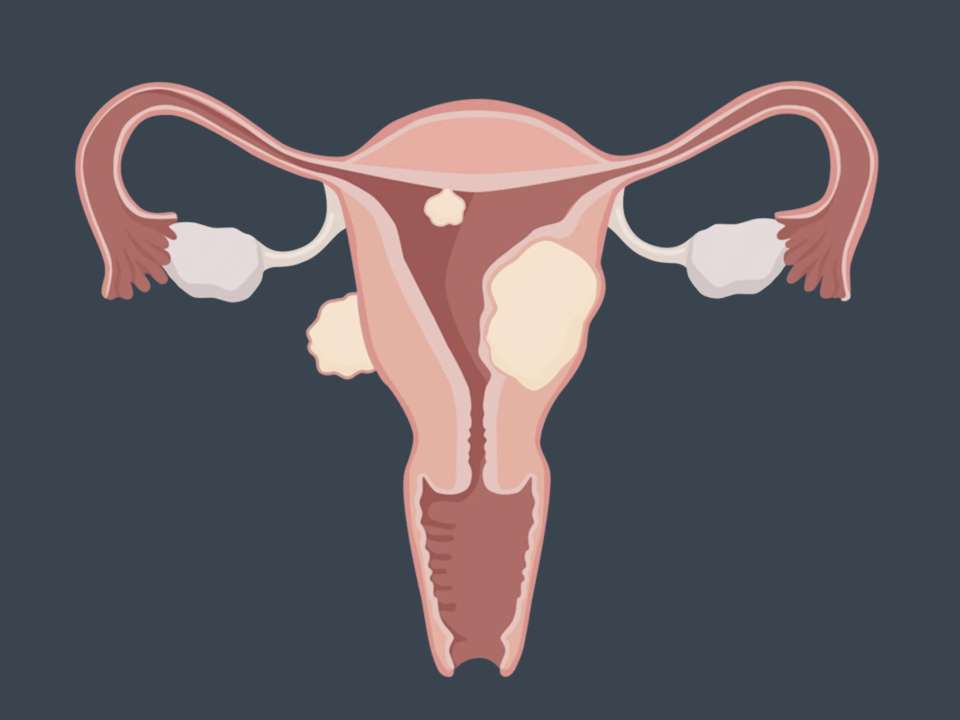
If you’re a word nerd who has made Wordle part of your daily ritual or a logic puzzle fanatic who has been a die-hard Sudoku fan for years, brain games might be a fun part of your daily or weekly routine. But what are these games doing for your brain?
It turns out that improving your brain health is not as simple as picking up a game.
What does the research say about brain games?
The idea that word and logic puzzles are good for our brains feels like a fact, something we collectively know. In reality, the research is murky at best.
“I myself play and enjoy games like Sudoku, chess, crossword puzzles and Wordle,” says Justin Miller, PhD, a neuropsychologist at the Memory and Brain Wellness Center at Harborview Medical Center. “But I’m very transparent in sharing that there is no evidence to support that those types of activities in and of themselves will prevent accelerated brain aging or cognitive decline.”
The issues with most brain game studies lie in how and why they were conducted. Many studies only look at a small group of people and don’t follow them long-term. It can also be hard to precisely pinpoint whether a single game or a conglomeration of games on a platform is having the effect — or if it’s not the games at all but the fact that the person was engaging with something novel for 30 minutes instead of napping.
Another challenge with the available studies is that it’s hard to make general conclusions.
“Playing chess or Lumosity or some of these other online brain training games, they run into what we think of as the generalizability problem,” says Miller. “It doesn’t generalize beyond playing the game, so while you might get great at playing whatever game it is, it’s not going to broadly have any impact outside of the game.”
Finally, a lot of brain game studies are self-funded by the companies that make them, which is important to keep in mind, especially when you see sweeping claims, like playing a certain game will prevent or delay memory loss. A good rule of thumb? If it sounds too good to be true, it probably is.
What’s the best way to keep your brain resilient?
What brain scientists do know from available research is that doing a variety of different and new activities is good for the brain.
“Is it playing the game itself that is of cognitive or neurologic value? That’s debatable,” says Miller. “But it is valuable to challenge yourself to acquire a new skill.”
Learning chess, for example, involves attention, memory, strategy, planning and organization, which tap into a broad array of cognitive functions. Learning a musical instrument or a new craft, like knitting, is also cognitively stimulating and demanding. Even just trying a new type of word or logic puzzle (for all the puzzle lovers out there) can be beneficial.
Here’s why: The brain operates through complex networks. When you try something new, your brain will attempt to rely on the old networks it’s already built. When that doesn’t work, it will try to create new networks. (Congrats, you just learned about the scientific theory of neuroplasticity.)
“You can help foster the development of those new connections by challenging yourself to learn something new,” says Miller. “The reason why things get easier the more we practice them is because our brain is getting better able to manage that skill.”
You can think of doing new things that create strong networks as building cognitive resilience. If you reinforce those networks earlier in life, then when a disease like Alzheimer’s comes along, your brain will have built up its ability to adapt.
Here are some ways you can get the most out of learning new activities:
Start small
Trying something new doesn’t mean you need to go skydiving for the first time (although you could). Try to start small and do new things within activities you already regularly enjoy. For example, if you knit, try learning a new stitch or how to crochet, sew or quilt. If you love reading fiction, try another genre, like poetry or nonfiction.
Build in physical activity
Researchers have also found that exercise is extremely important for preventing cognitive decline. If you can combine learning something new with being physically active, you’re getting even more bang for your buck.
“You can magnify the benefits even further if you take on something that involves a physical component, like dancing or playing a new sport,” says Miller. “Physical activity is incredibly valuable and dramatically bolsters brain health.”
On the other hand, doing crossword puzzles or brain games on your phone requires sitting for long periods of time, which has detrimental effects on your brain health.
“What doesn’t help you is sitting and passively playing word searches in your recliner for hours a day,” says Miller. “The worst thing that people can do is become increasingly more sedentary as they grow older.”
Make it social
Another benefit to an activity like dancing? It’s social and provides an opportunity to build community.
"There’s a lot to be said about the benefit of social engagement, building a community and keeping busy in your community,” says Miller. “Just the emotional and subjective well-being goes a really long way at mitigating cognitive decline and brain aging.”
A recent analysis from the National Institute on Aging found that loneliness increases dementia risk by 31%.
Start early
The earlier you can start making lifestyle changes to bolster your brain health, the better. In addition to physical and social activity, this includes eating healthy meals, managing high blood pressure and cholesterol, not smoking, and wearing a helmet to protect your head.
“It is never too soon to be thinking about brain health and unfortunately, a lot of people don’t start thinking about it until it’s become a late-life issue,” says Miller. “The reality is that Alzheimer’s disease and related dementias are really a disease of midlife that show up in late life.”
Whether you are 25 or 65, it’s never too late — or too early — to start building healthy habits into your routine.
This article was originally published on October 5, 2022. It has been reviewed and updated with new info. Luke Whelan contributed to this article.

 Healthy ideas for your inbox
Healthy ideas for your inbox





